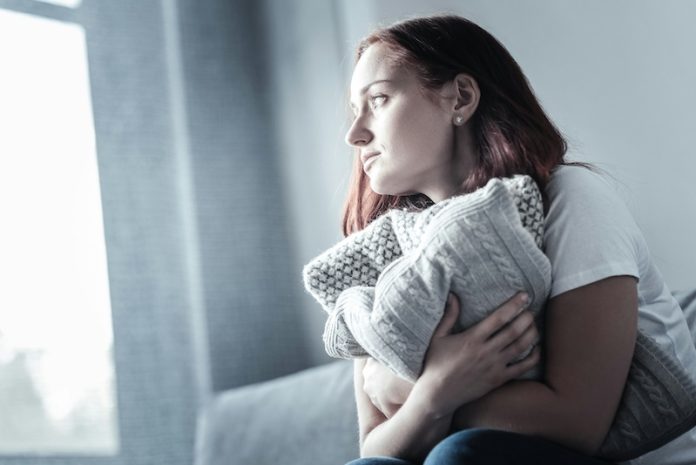
A major new study from Johns Hopkins Medicine has revealed a strong link between chronic pain and mental health.
After analyzing data from over 375 previously published studies, researchers found that about 40% of adults with chronic pain also suffer from serious depression and anxiety.
This highlights a growing public health issue that needs more attention from healthcare providers.
Chronic pain is defined as pain that lasts longer than three months. According to the U.S. Centers for Disease Control and Prevention (CDC), about 51.6 million adults in the United States experienced chronic pain in 2021. These individuals often struggle with everyday tasks and may suffer from emotional distress as well.
Although researchers have long known that chronic pain can affect a person’s mood, this new study showed just how common it is for people with chronic pain to also have depression and anxiety.
The study’s lead author, Dr. Rachel Aaron, explained that while there are effective treatments for both pain and mental health issues, these treatments are usually kept separate. She emphasized the need for integrated care that treats both conditions together.
For their research, the team reviewed data from 376 studies involving over 347,000 adults with chronic pain from 50 countries. Most of the patients were around 52 years old.
The researchers looked at both medical records and criteria from the Diagnostic and Statistical Manual of Mental Disorders (DSM-5) to identify signs of anxiety and depression. They also considered factors such as age, gender, location, and how long the person had been in pain.
They found that 39% of patients with chronic pain had clinical symptoms of depression, and 40% had symptoms of anxiety.
Some also had more specific diagnoses: 37% were diagnosed with major depressive disorder, 17% with generalized anxiety disorder, 8% with panic disorder, and 6% with persistent depressive disorder. A smaller percentage, about 2%, had social anxiety disorder.
One key takeaway is that depression and anxiety in people with chronic pain may not just be due to having a medical condition—they may be directly connected to the pain itself.
For example, a specific type of chronic pain called nociplastic pain occurs when the brain and spinal cord process pain signals differently. This type of pain is more strongly linked to emotional distress and past traumatic experiences.
The study also found that certain groups were more at risk than others. Women, younger adults, and people with fibromyalgia were more likely to experience both chronic pain and mental health issues.
Unfortunately, many people in these groups don’t have access to specialized pain clinics. They’re also often excluded from clinical trials, which makes it harder to find better treatments.
The authors of the study are calling for big changes in how we treat chronic pain. They recommend that clinics regularly screen for depression and anxiety in patients with chronic pain. They also suggest creating new treatments that deal with both pain and mental health together. These changes could help improve the lives of millions of people.
While this study sheds light on a serious issue, the researchers also offer a hopeful message: most people with chronic pain do not develop depression or anxiety. Many live full, healthy lives. This shows that pain doesn’t have to control a person’s mental health, and with the right support, people can thrive.
If you care about pain, please read studies about vitamin K deficiency linked to hip fractures in old people, and these vitamins could help reduce bone fracture risk.
For more information about wellness, please see recent studies that Krill oil could improve muscle health in older people, and eating yogurt linked to lower frailty in older people.
The study is published in JAMA Network Open.



